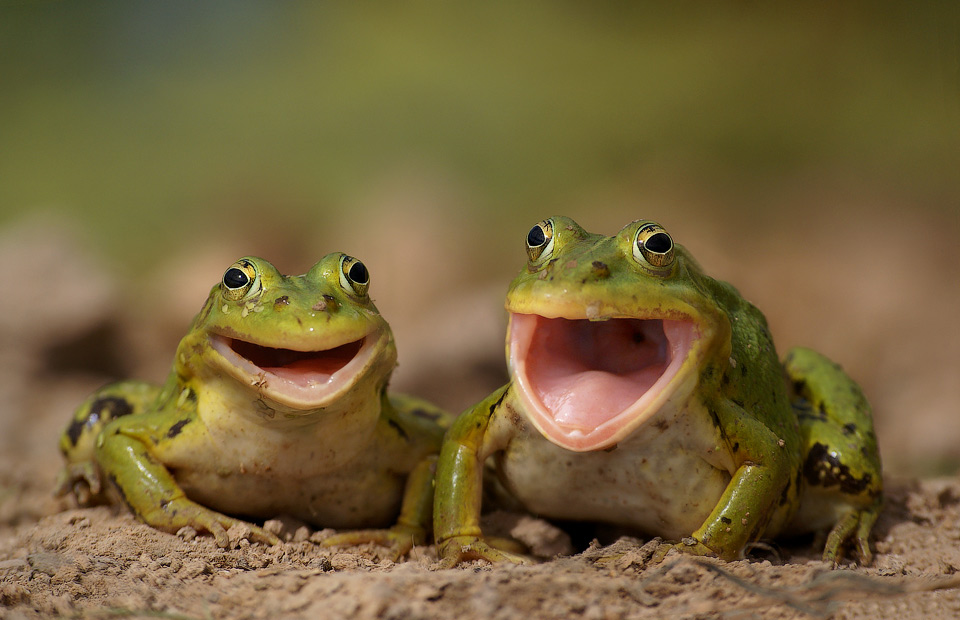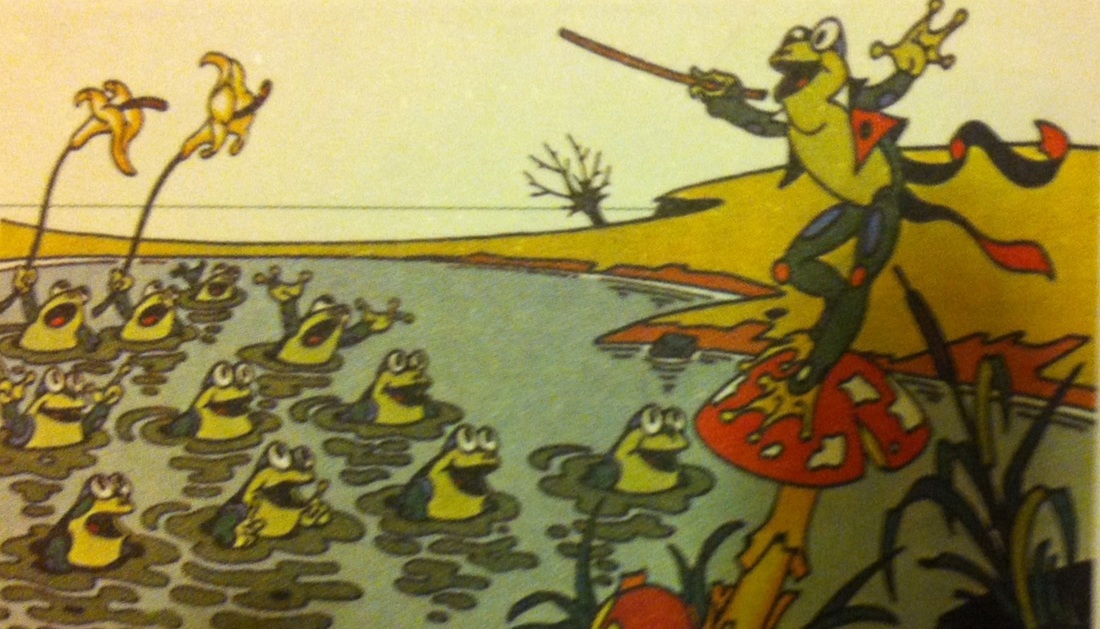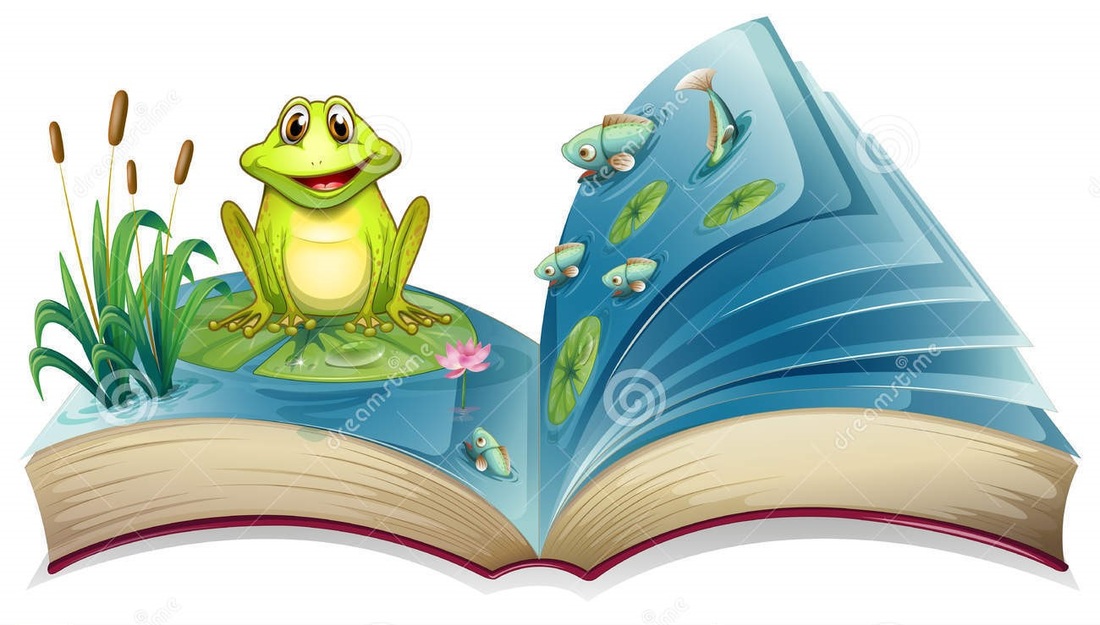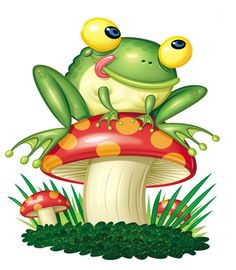Dharma started of my lesson today with this piece of wisdom. "Irwin, a frog shows his true character by what he laughts at." I hadn't really thought about it before, but I guess it's true. Recent theories and tests regarding what makes us laugh show that inconguity of humor can help pinpoint areas of mental flexibility or inflexibility. One researcher suggested that "since inconguity involves an unexpected shift of outlook, we may infer that what people find funny indicates where their ideas or belief systems are flexible." So if someone finds a joke hilariously funny and you find it stupid or insensitive, it more to do with our own idiosyncracies than about the actual joke. But, as Dharma went on to explained it, humor can also be thinly-veiled meanness. There are just somethings that should never be considered funny.
I'm sure you know someone who is always telling "jokes" that are degrading. They make us feel uncomfortable.The person telling the joke can't understand why you don't think it's funny. Perhaps they've even go far as to say you're "stuck up" or think you're better than they are. I know I've had that happen to me. I simply don't see where insulting anyone is funny, nor does it make me want to laugh. But sometimes I do...just so I don't start any trouble. Dharma Frog told me that laughing, evem with a fake, insincere laugh, only encourages these folks to share more of their sick humor. Of course, he's right. These jokes usually start off with, "Did you hear the one about...." The minute those words come out of anyone's mouth, I'm pretty sure that the joke will be something I'll find disrespectful. My wise and trusted teacher told me that mean-spirited jokes happen for one of three reasons.
1. Insecurity - Usually the person telling the joke is insecure about something and they use tasteless jokes to make themselves feel better.
2. Latent anger or fear - They know that it's wrong to disparage individuals and groups of people so, instead, they tell offensive jokes. They mask their hostility with jokes, hoping you won't notice that they're being sexist or racist. It's all in good fun...ya, right.
3. Social awkwardness - Those of us who may not be good in social situations will often tell awful jokes in hopes of trying to "fit in." It never helps and, normally, can makes things much worse for us. You just never know when the guy you're telling the "joke" to has a African-American wife...or perhaps his children suffer from obesity. Becareful what you say.....
As always, The Dharma Frog's lesson today made a big impression on me. I always try to tell cute jokes, ones that everybody can enjoy. Some are real groaners but I don't think I've ever told a joke that made anyone feel bad. At least I hope not! In the future, though, when I hear someone telling an off-color, sexist, or racial joke, instead of fake laughing at it, I will stand up for myself and say that I find it offensive. If we all do that, perhaps these folks will get the hint.
For whatever reasons these types of jokes are told, they shouldn't be. There are so many wonderful, clean, funny, and silly jokes to tell so why waste your time on telling ones that are offensive, hurtful, and just plain mean?










 RSS Feed
RSS Feed